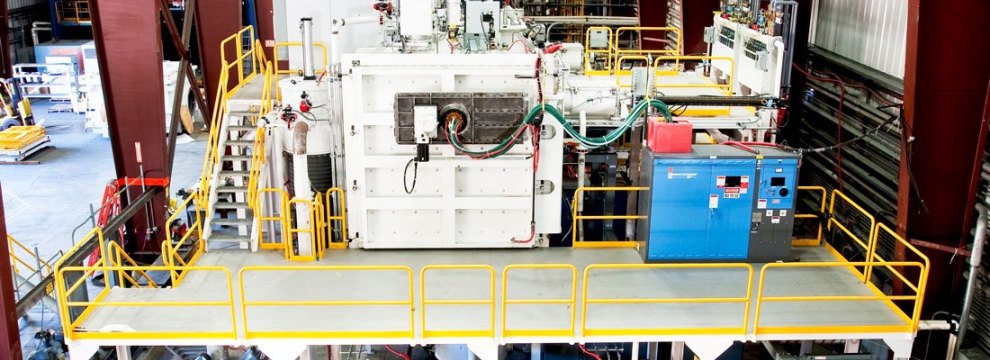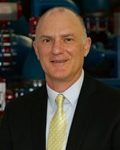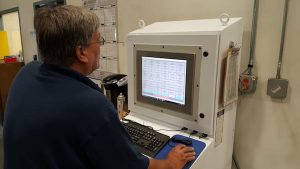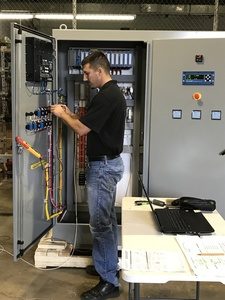Smart Materials, Magnesium Alloys Manufacturer Breaks Ground on Expanded Foundry
A manufacturer of smart materials for the oil and gas industry and advanced magnesium alloys for lightweighting recently broke ground on its expanded magnesium foundry for manufacturing dissolvable metals.

Terves Inc launched the 12,000 sq. ft. expansion to its Magnesium Foundry, an H3-classified magnesium metal processing facility expansion which enables the company to further expand its metal processing, heat treatment, machining, and storage capabilities. The expansion plans include additional permanent mold and materials handling and storage space, and the addition of sand casting, squeeze casting, and diecasting capabilities for custom magnesium and magnesium alloys and composites, in addition to further expansion of build-to-print component CNC machining services. These additions enable the company to support aerospace and defense magnesium applications in addition to Terves’ leading position in the dissolvable oilfield tool market.
“Dissolvable Metals are the New Composites as far as oilfield tools are concerned,” said Andrew Sherman, CEO of Terves. “Oilfield tools made from composite materials were adopted in the industry about two decades ago and today occupy a sizable market share. We are seeing a major adoption and growth trajectory for oilfield tools made from dissolvable magnesium materials. At the end of 2017, roughly 2% of all frac plugs deployed in the field were being made using dissolvable metals and the market is expected to grow to 5% of all frac plugs deployed in the field by the end of 2018 – a 250% growth in one year, with adoption and use increasing through 2025. We are seeing tremendous innovation as the industry gains extensive field experience with these new Engineered Response multifunctional materials, including several new staging and completion tools engineered using dissolvable materials. Given the massive value-add of dissolvable tools, primarily eliminating post-completion drill-outs coupled with the ability to do longer laterals, we expect that dissolvable tools would replace over 30% of drillable tools used in well completion over the next 3-5 years. Terves is investing in a further doubling of production capacity for cast and wrought magnesium products, and the expansion frees up space in existing facilities for initial production of new Engineered Response products, including revolutionary expandable structural materials and gas-generating reactive materials.”
Smart Materials, Magnesium Alloys Manufacturer Breaks Ground on Expanded Foundry Read More »

















